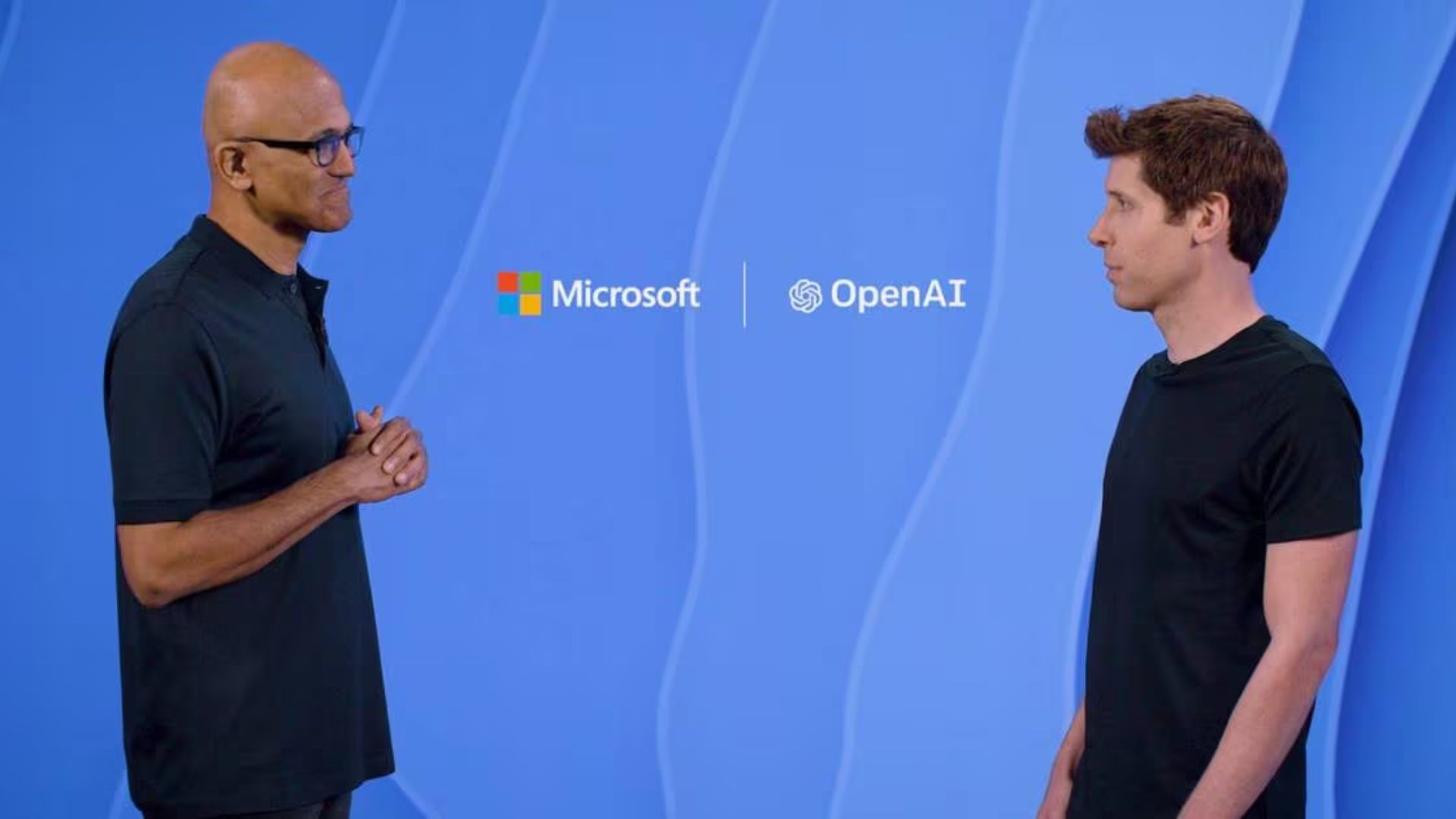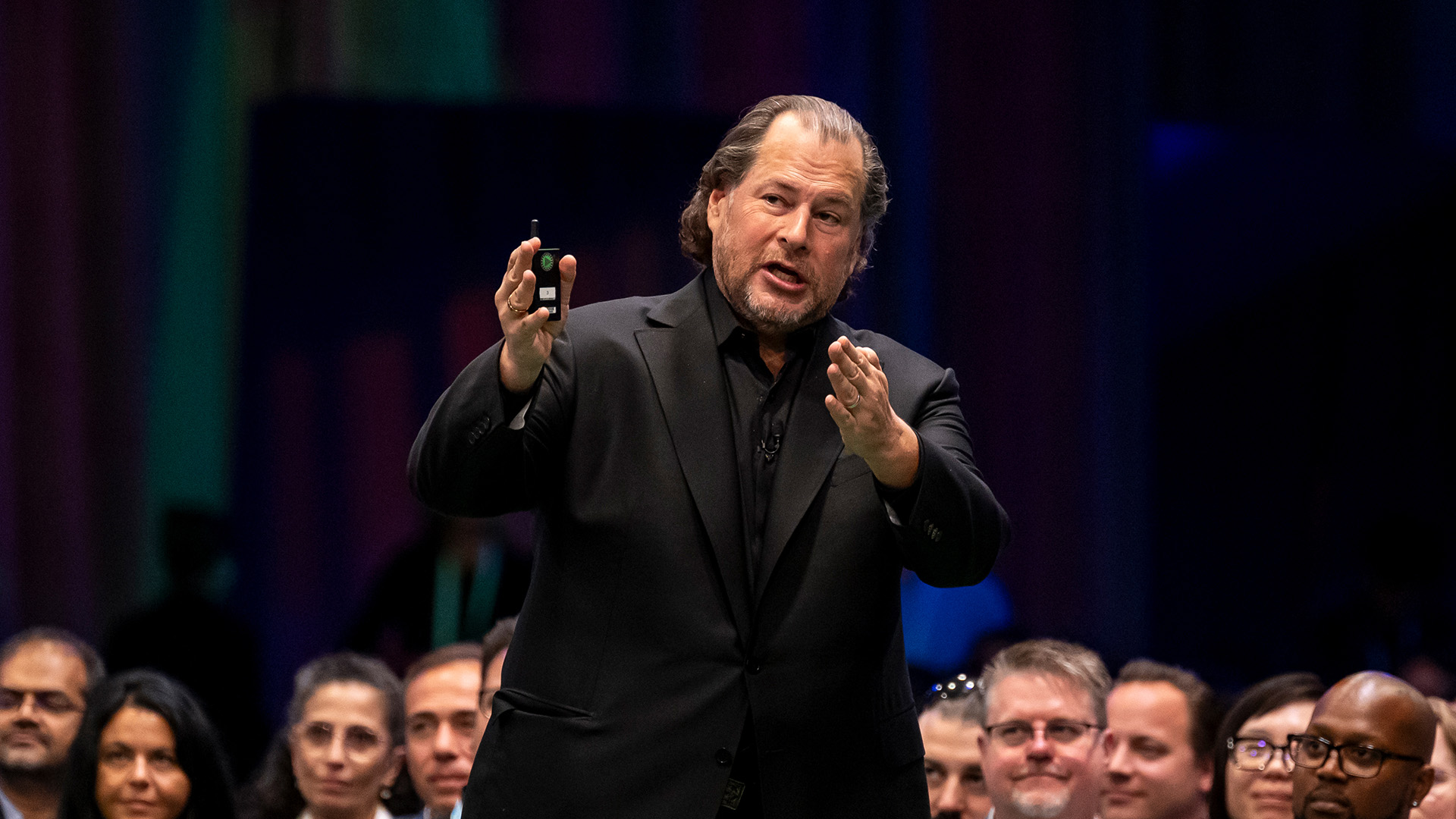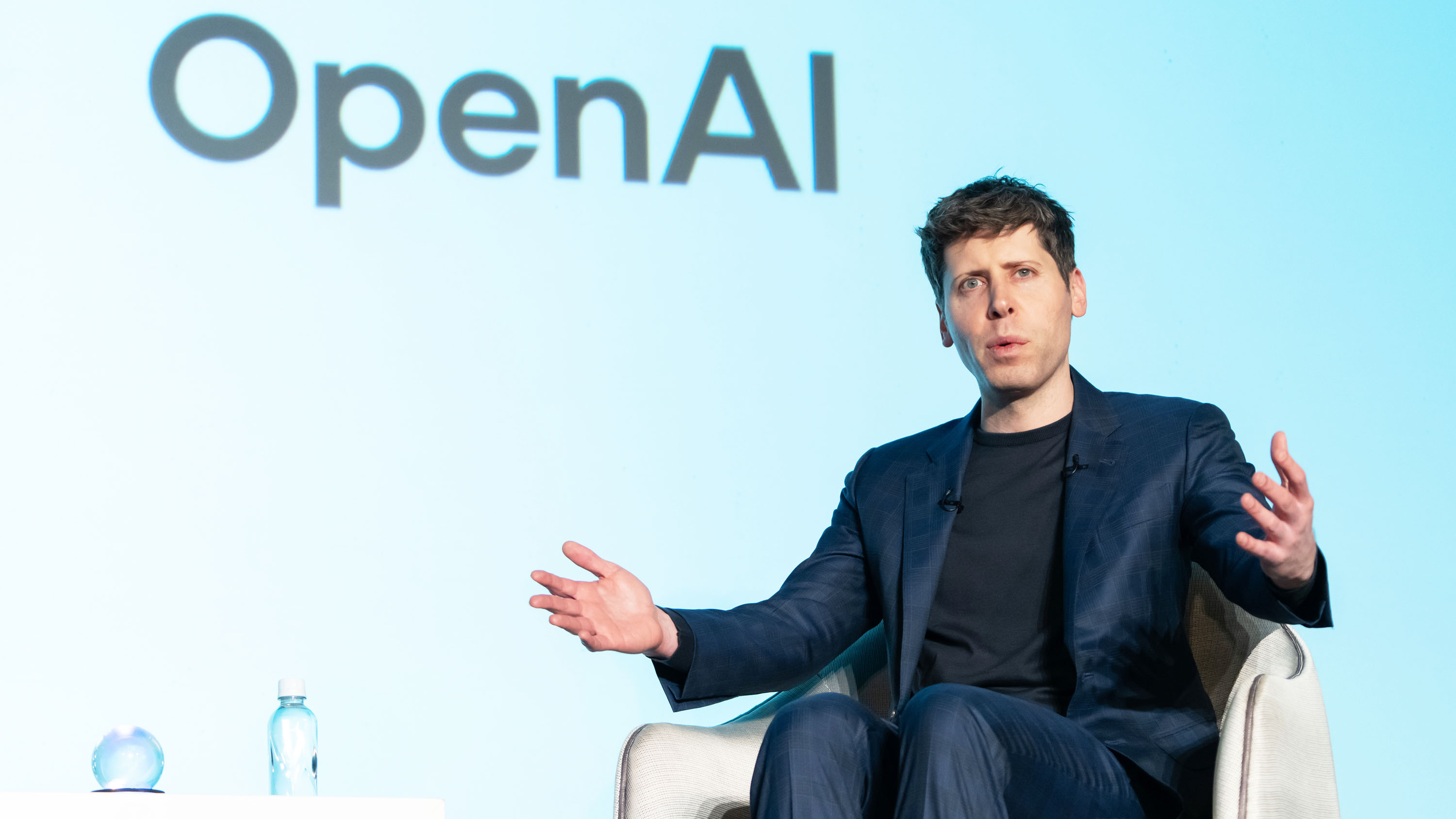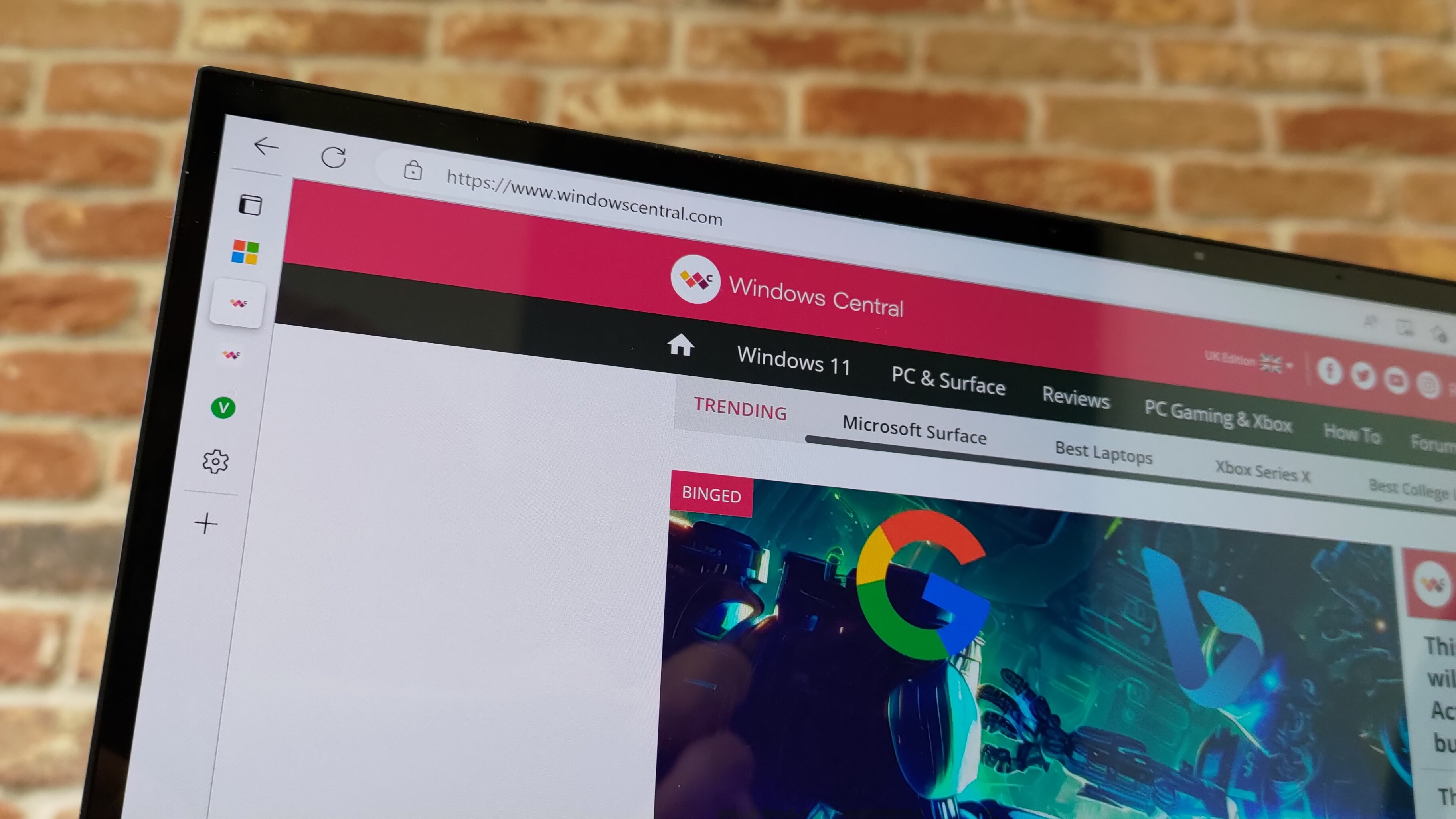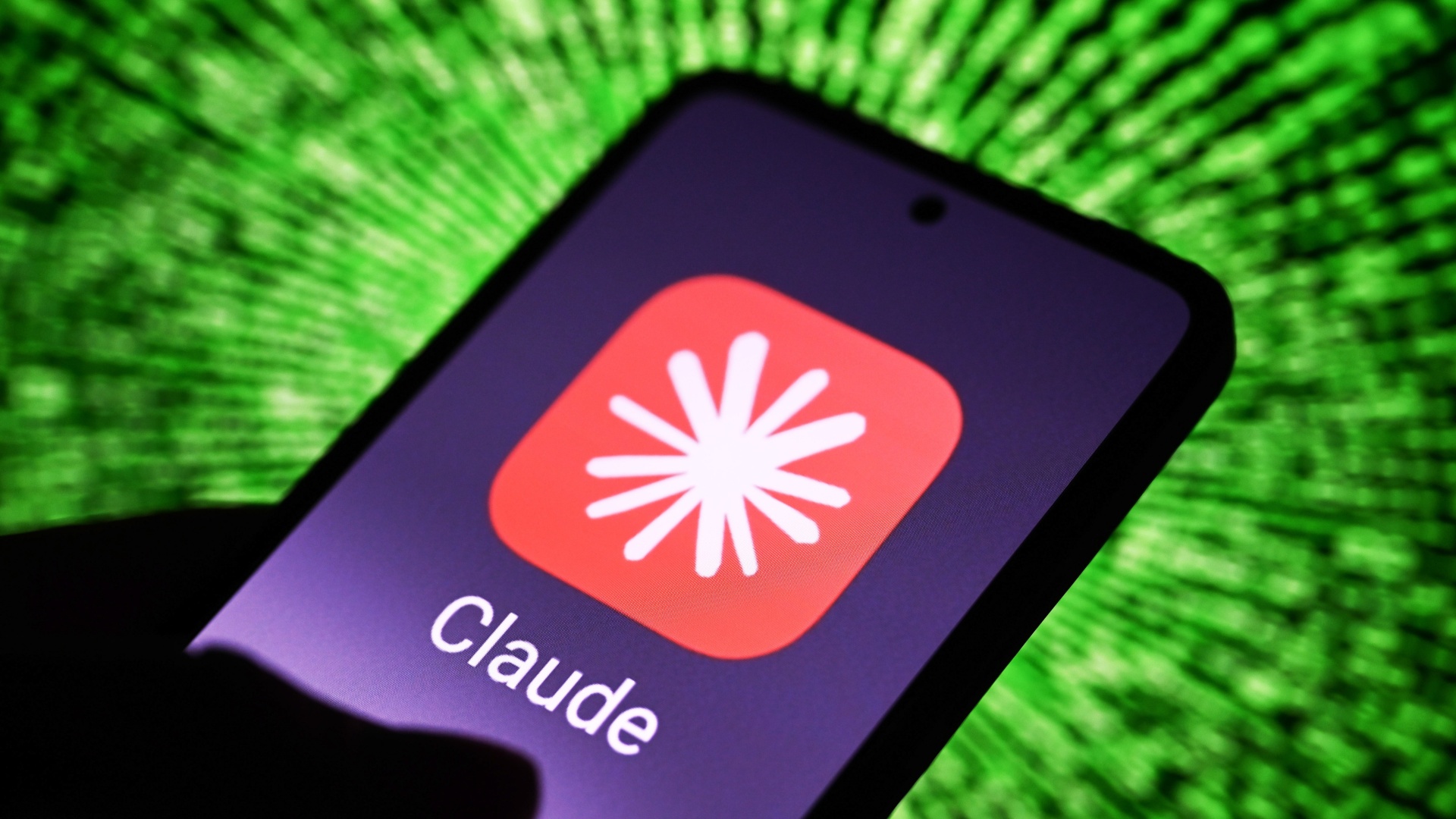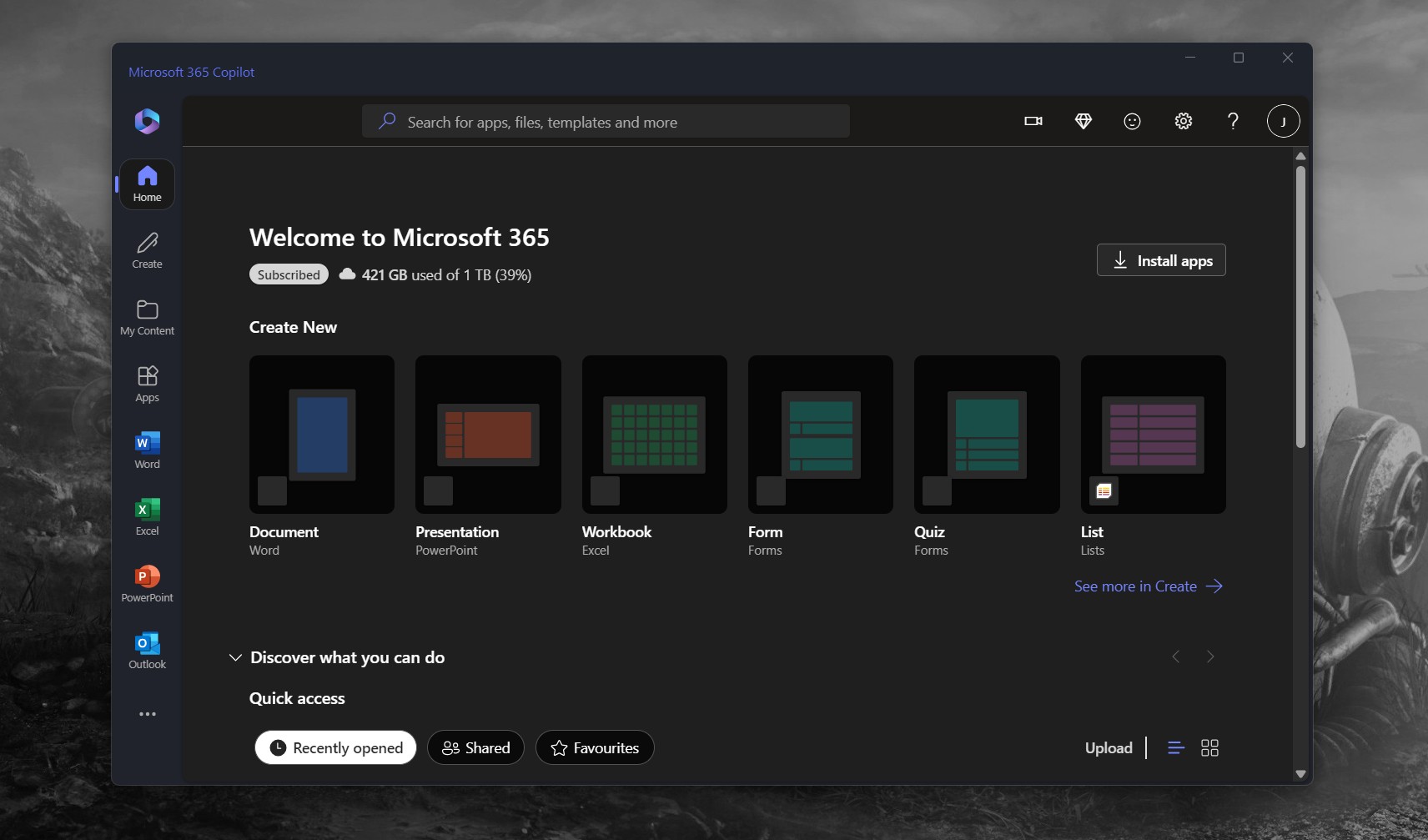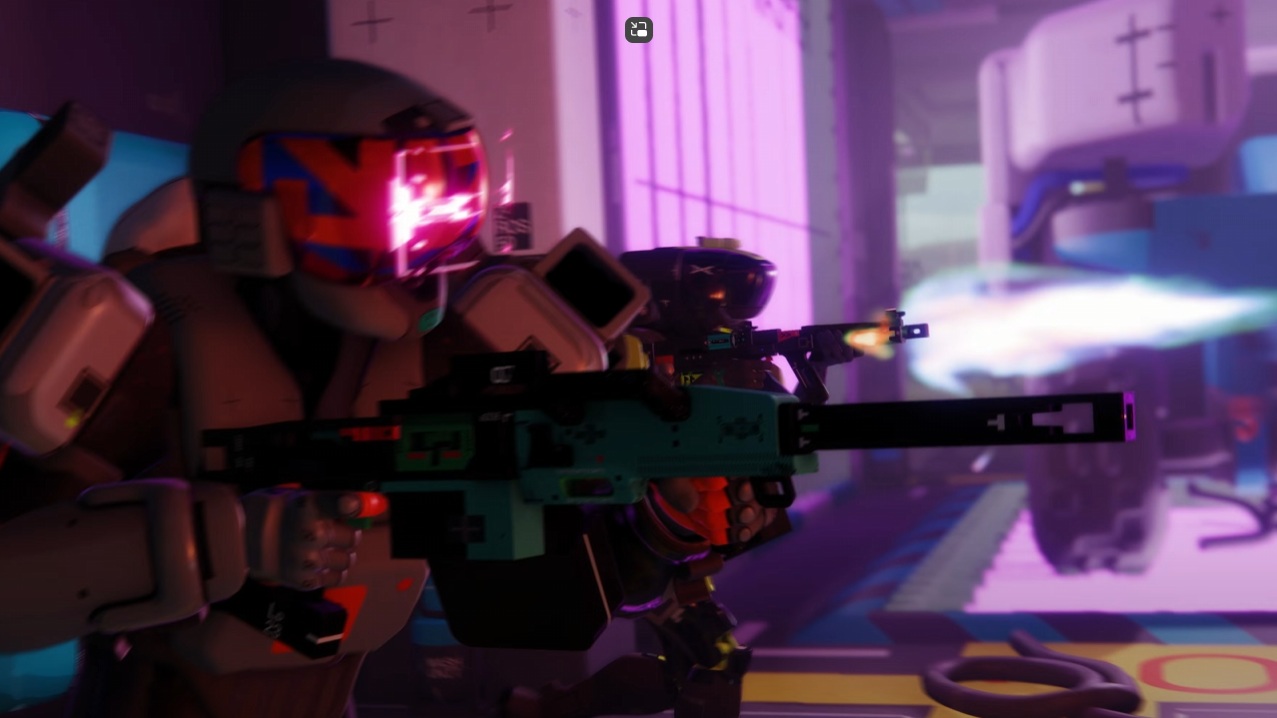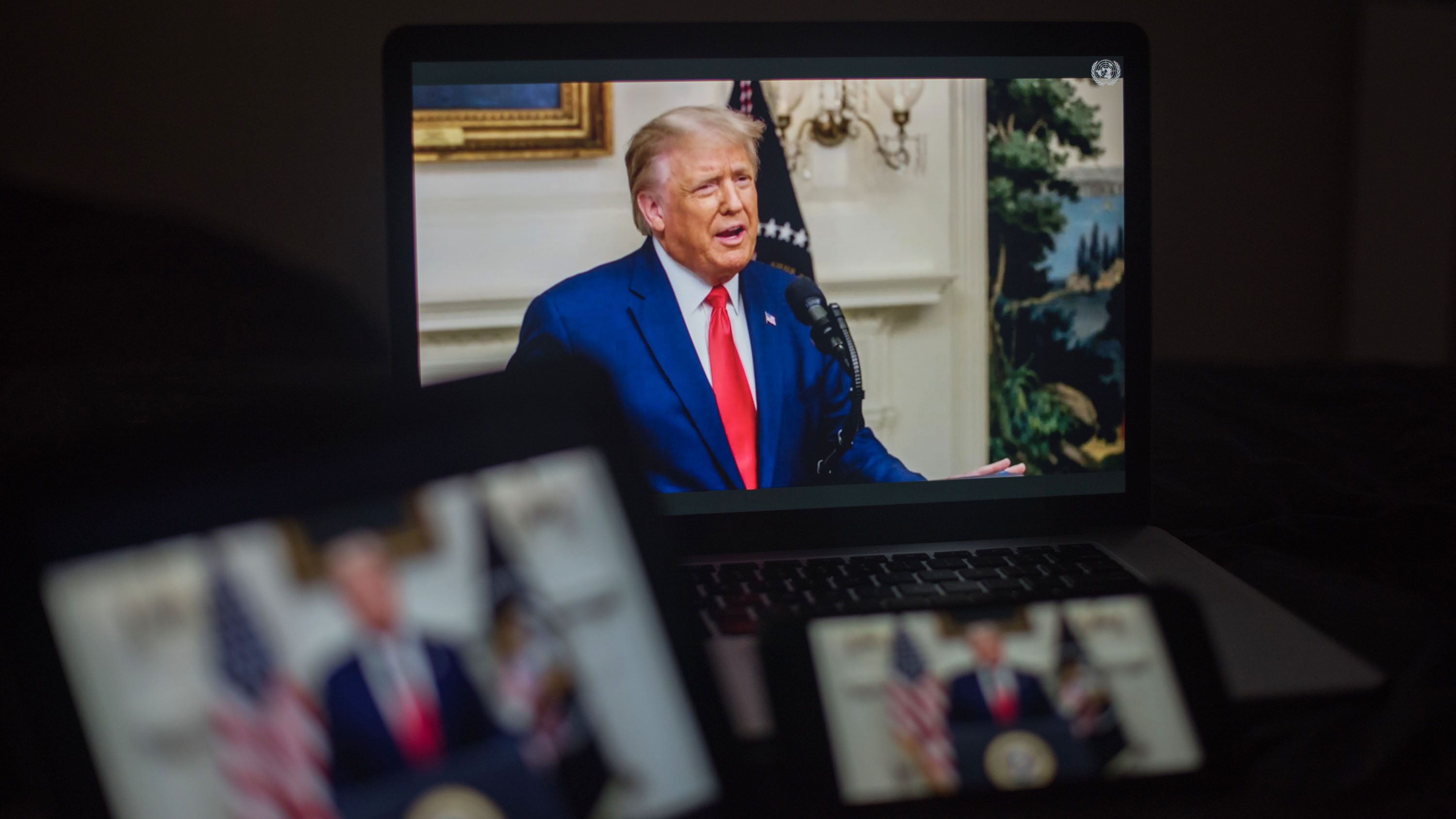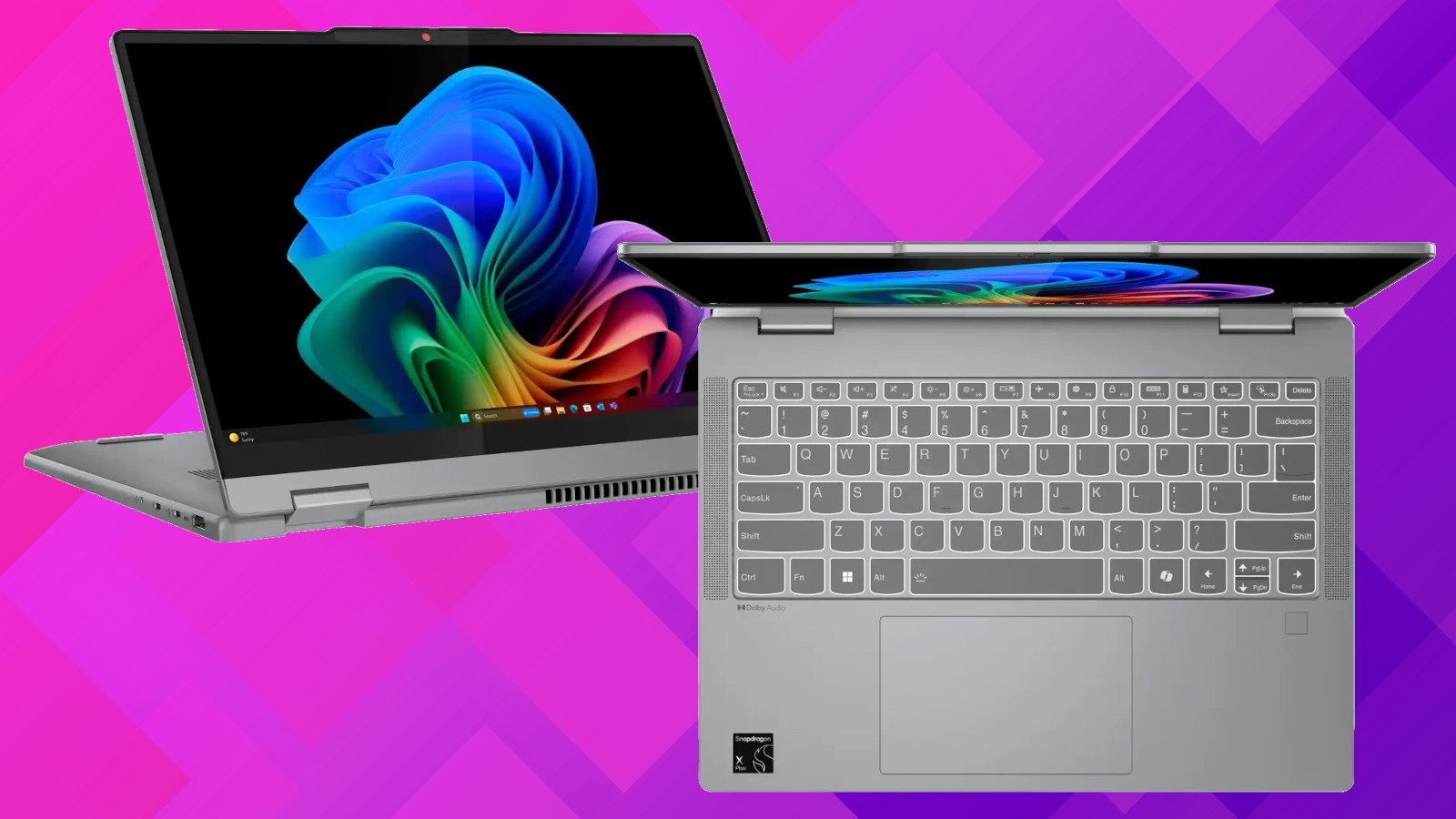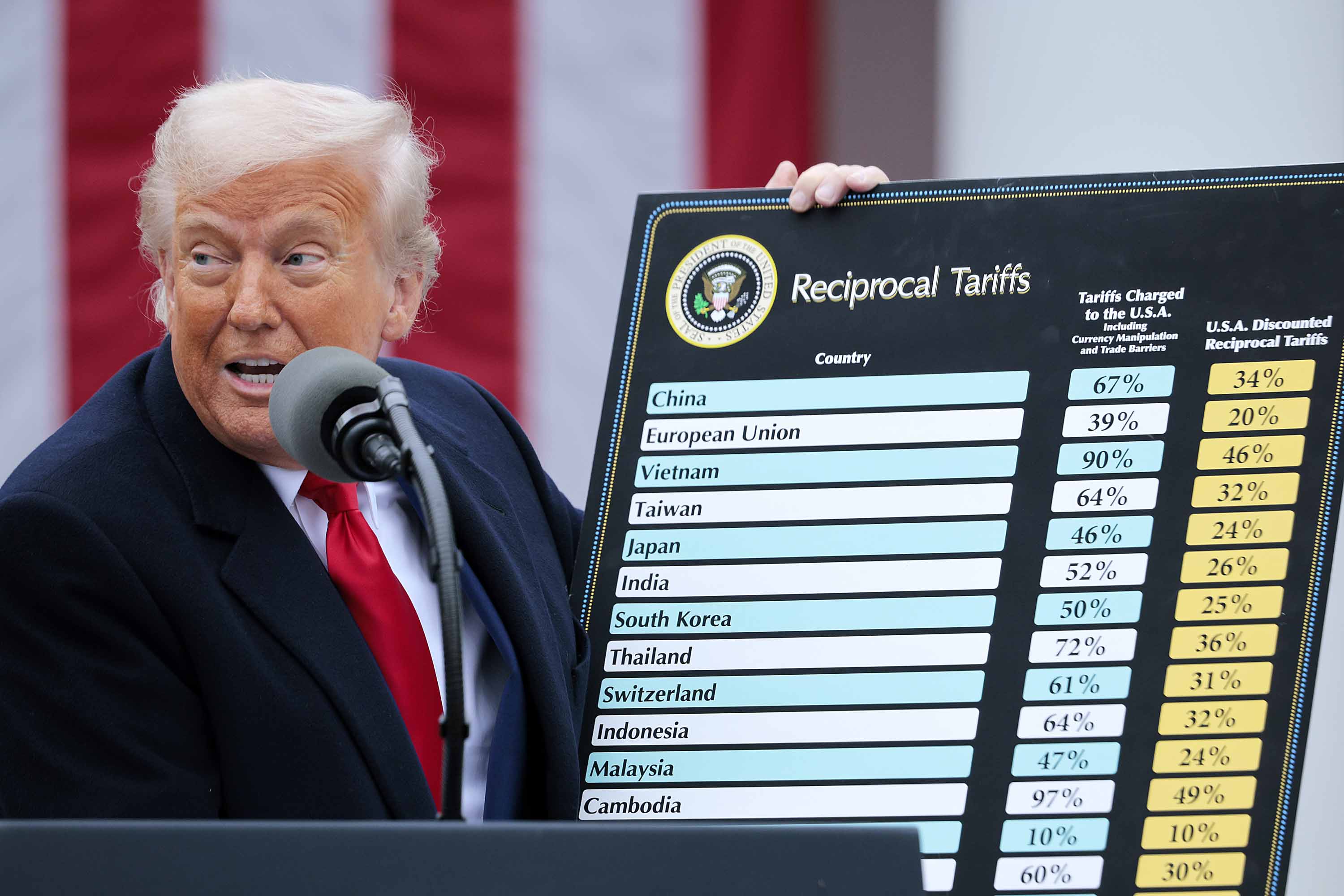When you purchase through links on our site, we may earn an affiliate commission.Heres how it works.
As it turns out, a former OpenAI employee, William Saunders, has seemingly echoed similar sentiments.
During my three years at OpenAI, I would sometimes ask myself a question.
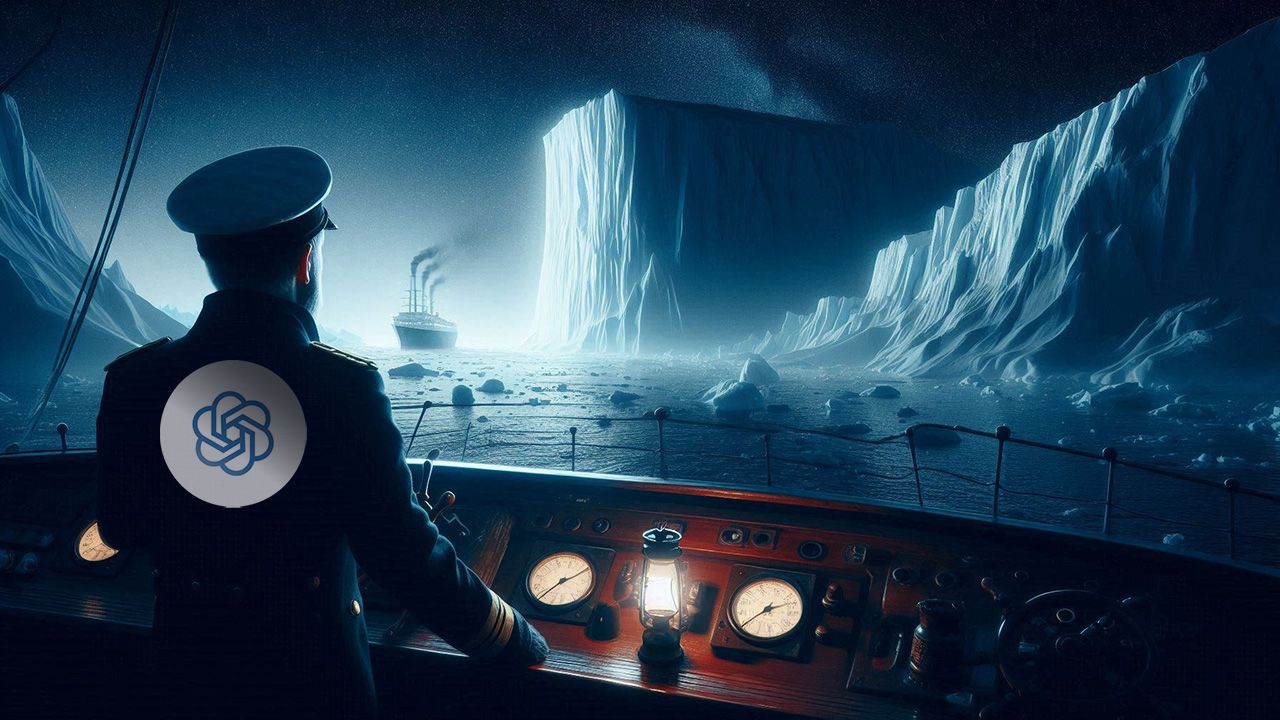
Was the path that OpenAI was on more like the Apollo program or more like the Titanic?
And I think that is what is most unsettling."
In a separate interview, Altman disclosed that these milestones won’t necessarily constitute a dynamic change overnight.

He added that interest in tech advancements is short-lived and may only cause atwo-week freakout.
This ultimately prompted his departure from the company as well.
Safety is OpenAI’s biggest issue
Advancements in theAI landscapeare majorly riddled by safety and privacy concerns.

RememberWindows Recall?Microsoft’s privacy nightmareand a hacker’s paradise.
In theory and paper, Windows Recall seemed cool and useful (debatable).
However, it was riddled with many privacy issues that even attracted theUK data watchdog’s attention.

The AI-powered feature received backlash, prompting Microsoft to recall it even before it shipped.
OpenAI is in a similar ship but on a larger scale.
He says OpenAI could be well off if it embraced the Apollo program approach.

While speaking toBusiness Insider, Saunders admitted the Apollo Space program faced several challenges.
Saunders predicts a ‘Titanic disaster’ forthcoming that could lead to large-scale cyberattacks and the development of biological weapons.
Saunders says OpenAI should consider investing in more “lifeboats” to prevent such occurrences.


